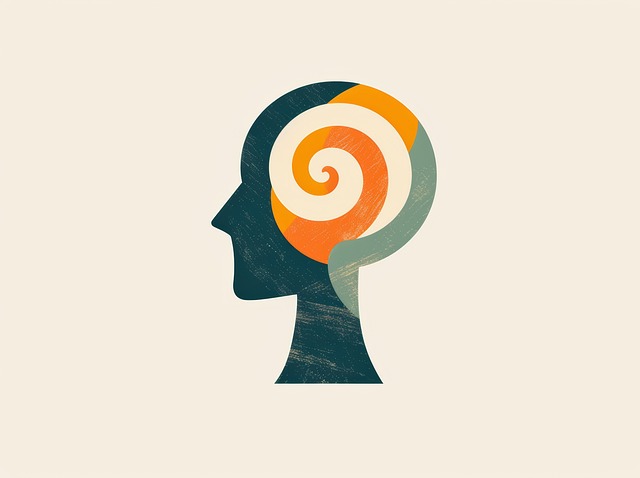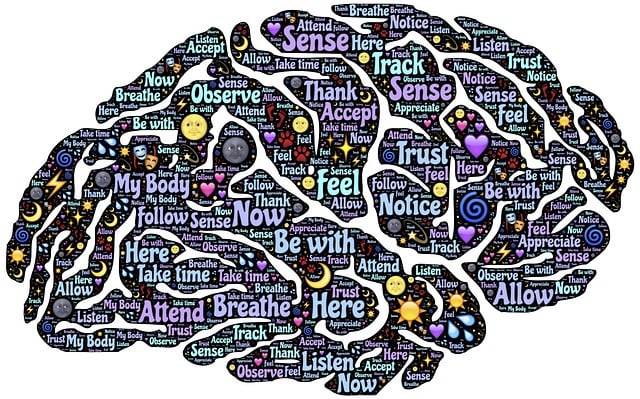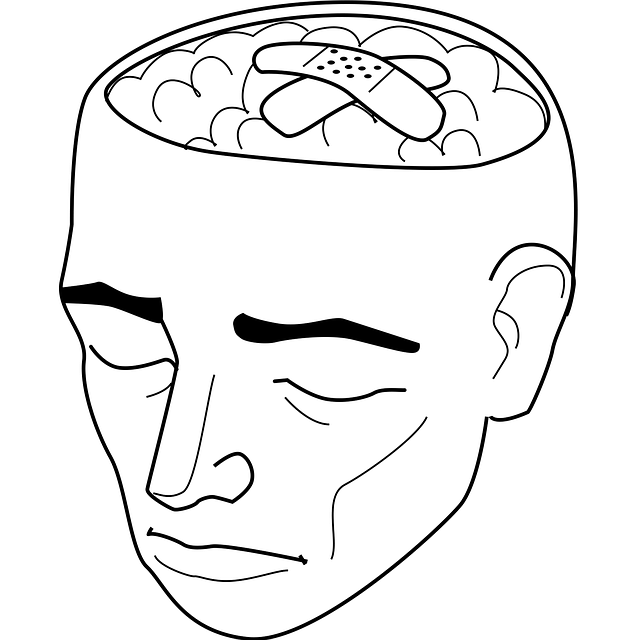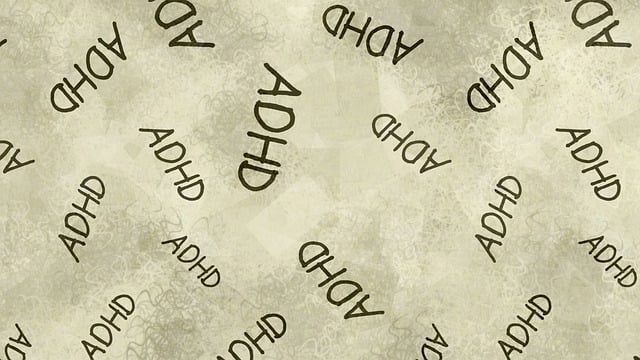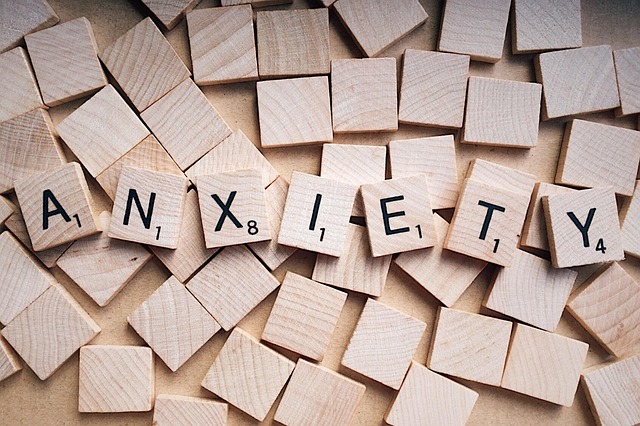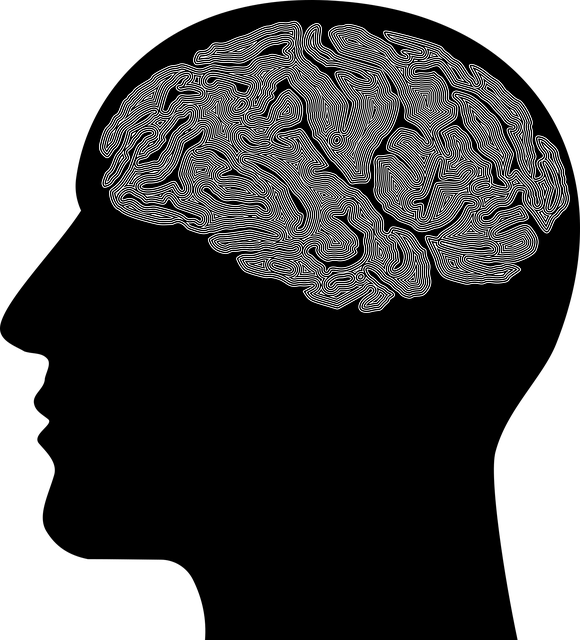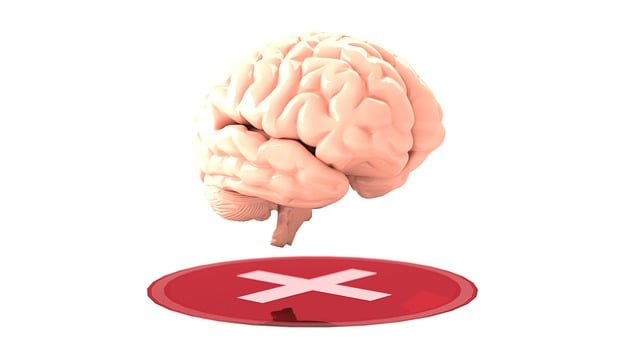Understanding mental health and stress levels is crucial for developing an effective self-care routine, which involves recognizing emotional states, identifying triggers, and assessing daily stressors through methods like journaling, meditation, or professional guidance. Tailoring self-care practices to specific concerns like anxiety, depression, or stress management leads to superior stress management therapy (SSMT), incorporating CBT, mindfulness exercises, social skills training, community outreach, and more. Engaging in these practices, along with listening to mental wellness podcasts, offers valuable insights and practical tips for maintaining robust mental wellness. A personalized self-care routine, integrating mindfulness, journaling, gratitude, yoga, and creative pursuits, helps reduce cortisol levels, promote calmness, maintain equilibrium, and enhance crisis intervention guidance and mood management. Tracking progress through goal setting, journaling, apps, or observations, with flexibility to adapt practices as needed, is key to SSMT's success in cultivating genuine calm, resilience, and emotional intelligence.
Developing a mental wellness self-care routine is essential for managing stress and enhancing overall well-being. This comprehensive guide explores effective strategies to navigate and overcome daily challenges, offering a roadmap to superior stress management therapy. By understanding your mental health landscape and identifying personal stressors, you can create tailored self-care practices. Through incorporating evidence-based techniques, monitoring progress, and making adjustments, individuals can cultivate resilience and thrive in a stressful world.
- Understanding Your Mental Health and Stress Levels
- Identifying Personal Stress Triggers and Patterns
- Crafting a Personalized Self-Care Routine
- Incorporating Effective Stress Management Techniques
- Monitoring Progress and Adjusting Your Routine
Understanding Your Mental Health and Stress Levels

Understanding your mental health and stress levels is a crucial first step in developing an effective self-care routine. It involves recognizing your emotional state, identifying triggers, and assessing the impact of daily stressors on your overall well-being. This introspective process can be facilitated through various methods, such as journaling, meditation, or even seeking guidance from a mental health professional. By understanding your unique needs, you can tailor your self-care practices to address specific areas of concern, be it anxiety, depression, or stress management.
Superior Stress Management Therapy often incorporates techniques like cognitive behavioral therapy (CBT), mindfulness exercises, and social skills training. CBT helps individuals challenge negative thought patterns and replace them with healthier alternatives, while mindfulness promotes present-moment awareness and emotional regulation. Additionally, community outreach program implementation can foster support networks, encouraging open conversations about mental health and providing accessible resources for those in need. Engaging in these practices alongside listening to insightful Mental Wellness Podcast Series production can offer valuable insights, inspiration, and practical tips for maintaining a robust mental wellness routine.
Identifying Personal Stress Triggers and Patterns

Understanding your personal stress triggers is a powerful step towards superior stress management therapy. By keeping a journal and reflecting on situations that cause you distress, you can identify patterns in your responses to various stimuli. Are certain times of the day or specific environments more triggering? Do particular people or conversations lead to increased anxiety? Recognizing these patterns allows for proactive self-care strategies. For instance, if public speaking consistently triggers feelings of panic, a community outreach program implementation could be designed to gradually expose individuals to smaller groups, building confidence over time.
Self-awareness exercises play a crucial role in this process. Meditation and mindfulness practices encourage staying present and observing thoughts and emotions without judgment. These exercises can help individuals detach from automatic stress responses, enabling them to make conscious choices about how to react. Additionally, public awareness campaigns development focused on mental wellness can provide valuable resources and support, fostering an environment where discussing stress triggers and coping mechanisms is normalized.
Crafting a Personalized Self-Care Routine

Creating a personalized self-care routine is a powerful tool for managing stress and enhancing overall mental wellness. It involves taking time to understand your unique needs, preferences, and triggers. This process allows for tailored practices that address specific aspects of your life where stress may be prevalent. For instance, incorporating mindfulness exercises or journaling can aid in processing emotions and cultivating resilience.
A superior stress management therapy is one that recognizes the importance of self-care in mental health policy analysis and advocacy. By integrating coping skills development into daily routines, individuals can build a strong foundation for navigating life’s challenges. This proactive approach not only fosters better emotional regulation but also strengthens one’s ability to cope with stressors, ultimately leading to improved mental wellness and enhanced quality of life.
Incorporating Effective Stress Management Techniques

Incorporating effective stress management techniques is a cornerstone of cultivating a robust mental wellness self-care routine. Superior Stress Management Therapy (SSMT) involves a multi-faceted approach that goes beyond mere relaxation. It includes practices such as mindfulness meditation, deep breathing exercises, and regular physical activity, which have been scientifically proven to reduce cortisol levels and promote a sense of calm. By integrating these techniques into daily life, individuals can better navigate the challenges of modern living and maintain equilibrium.
Crisis Intervention Guidance and Mood Management are enhanced when stress reduction methods are consistently applied. Whether it’s through keeping a gratitude journal, practicing yoga, or engaging in creative pursuits, these activities serve as powerful tools for self-soothing and emotional regulation. By prioritizing Stress Reduction Methods, individuals can foster resilience, improve their overall well-being, and create a buffer against potential mental health crises.
Monitoring Progress and Adjusting Your Routine

Tracking your mental wellness journey is an essential part of developing a self-care routine that works for you. Start by setting clear, achievable goals related to specific areas like sleep, mood regulation, or mindfulness practice. Regularly assess whether you’re meeting these targets using methods tailored to each goal – this could be through journaling, tracking apps, or even simple observations of your daily state.
As you monitor progress, be prepared to adjust your routine as needed. What works one month might not work the next, and that’s okay! This flexibility is key to sustaining a practice that supports your mental wellness. Remember, superior stress management therapy isn’t about rigid rules; it’s about discovering what brings you genuine calm, resilience, and emotional intelligence – and refining those practices over time through crisis intervention guidance and proactive depression prevention measures.
Developing a mental wellness self-care routine is a powerful tool for navigating life’s challenges. By understanding your unique mental health landscape, identifying stress triggers, and incorporating personalized techniques, you can achieve superior stress management. Regularly monitoring your progress and making adjustments ensures your routine remains effective as your needs evolve. Embrace the process, be kind to yourself, and remember, investing in your mental wellness is a game-changer for overall well-being.
